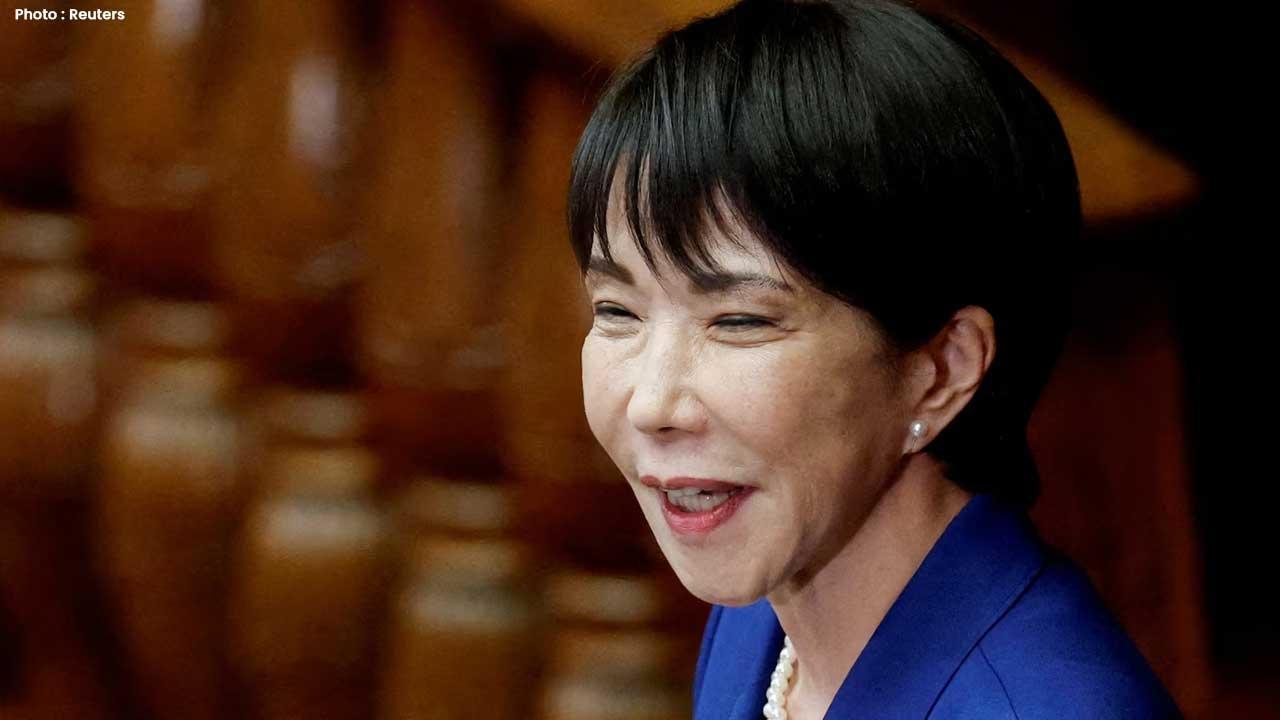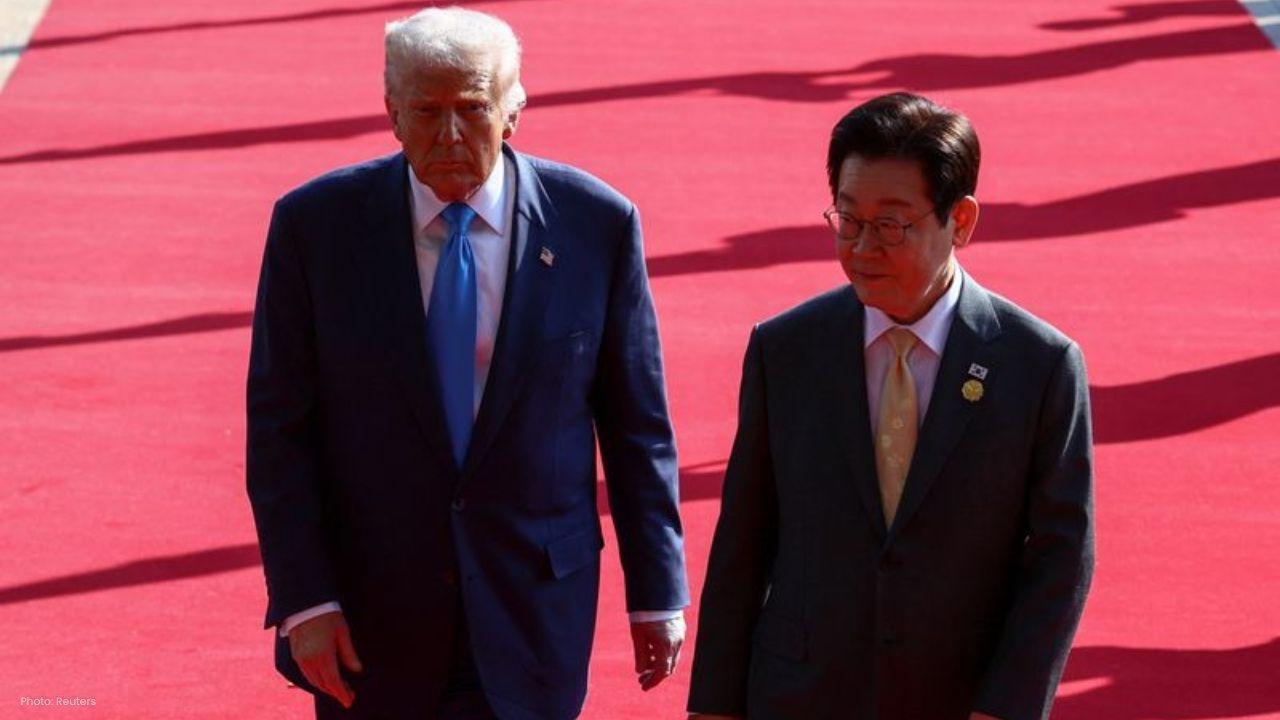
Post by : Raina Nasser
In recent days, escalating tensions have emerged between China and Japan, ignited by remarks from Japan's new Prime Minister, Sanae Takaichi, related to Taiwan. During a parliamentary address, Takaichi indicated that Japan could take military action if China were to attack the self-governing island, referencing Japan’s 2015 security law regarding “survival-threatening situations.”
Beijing responded quickly, with China's foreign ministry condemning Takaichi’s remarks as “egregious” and a breach of the one-China principle. The situation escalated further when Xue Jian, China’s consul general in Osaka, made a controversial comment on social media perceived as a threat towards Takaichi. Japan immediately lodged a formal protest, prompting Beijing to summon the Japanese ambassador to express its grievances.
Takaichi, known for her hawkish stance and her connection to former Prime Minister Shinzo Abe, defended her assertions as aligned with Japan’s established security policies. While advocating for a peaceful resolution to the conflict across the Taiwan Strait, she reiterated her belief that Taiwan poses a potential security risk to Japan.
This exchange underscores the historical tensions between China and Japan, rooted in Japan's wartime activities during World War II. China's warnings included mention of possible military repercussions, demonstrating its sensitivity regarding Taiwan, which it asserts is part of its territory.
Observers suggest that Takaichi's emergence signals a pivot toward a more assertive foreign policy for Japan. Her administration aims to strengthen ties with the United States and has expressed intentions to bolster Japan's defense budget, moves that have raised alarms in Beijing. Takaichi has previously indicated that Japan may intervene should there be a blockade or military action from China against Taiwan.
China’s position remains unyielding, with officials cautioning that outside interference in Taiwan’s matters threatens its sovereignty and could lead to severe consequences. This scenario highlights the precarious security dynamics in the region, where strategic ambiguity has historically acted as a deterrent while maintaining economic relationships.
As both nations navigate this delicate juncture, experts alert that the ongoing China-Japan tensions regarding Taiwan could have extensive ramifications for regional stability in East Asia, spanning economic, military, and diplomatic realms.










Bangladesh Secures Commanding Innings Victory Over Ireland in Sylhet
In Sylhet, Bangladesh defeated Ireland by an innings and 47 runs, showcasing exceptional batting and

Chadwick Boseman to Receive Posthumous Star on Hollywood Walk
Chadwick Boseman will be honored with a posthumous star on Hollywood's Walk of Fame on November 20,

Roberto Martinez Critiques Harshness of Ronaldo's Red Card in Ireland Match
Portugal's coach, Roberto Martinez, defends Ronaldo after his first red card impacts a 2-0 loss to I

Luis Rubiales Egged at His Book Launch in Madrid
Luis Rubiales faced an egg-throwing incident by his uncle during his book launch, further complicati

Kai Trump Struggles in LPGA Debut, Reflects on Experience
Kai Trump finished her LPGA debut with a score of 83, learning valuable lessons amid significant att

Kansas State Edges Past Cal 99-96 in Thrilling Encounter
Kansas State narrowly defeats Cal 99-96, with Haggerty's standout performance crucial to the Wildcat